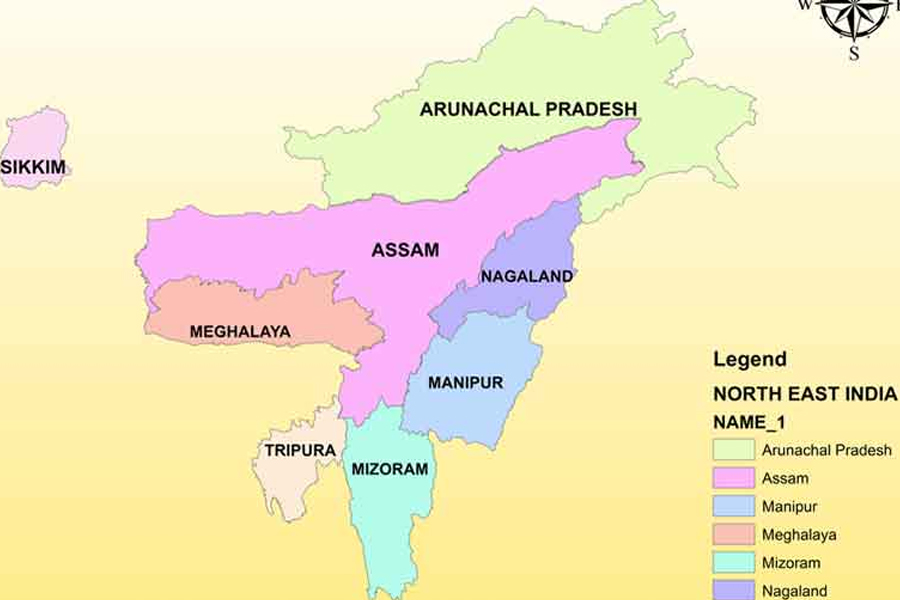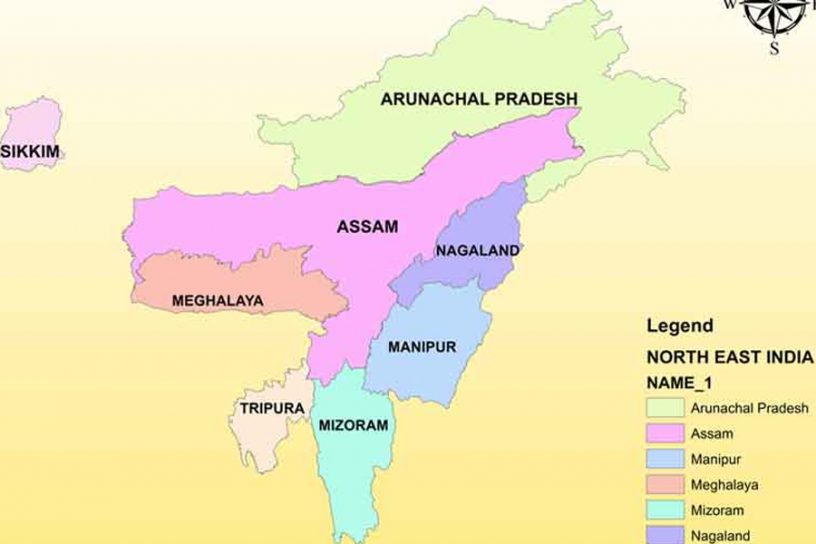
Armed movements must be situated in their sociological context, as organisations that shape worldviews, entities that generate norms of behaviour that lead to unique cultural practices and identities, and eventually dictate the life-choices of their adherents, say the authors.
Authors
Upasana Mahanata, Professor, Jindal Global Law School, O.P. Jindal Global University, Sonipat, Haryana, India.
Samrat Sinha, Associate Professor and Assistant Director, Centre for Study of Political Violence, Jindal School of International Affairs, O.P. Jindal Global University, Sonipat.
Summary
The development of the National Socialist Council of Nagaland-Isaac Muivah (NSCN-IM) must be first viewed through the broader context of the changing nature of insurgency in Northeastern India.
The Northeastern region of India comprising the states of Assam, Manipur, Meghalaya, Mizoram, Nagaland and Tripura has witnessed a significant number of casualties as a consequence of armed conflict.
These casualties are distinct from those that have occurred as a result of inter-ethnic tensions, which manifest themselves in the forms of riots and which also lead to significant internally displaced populations.
Published in: Indian Defence Review
To read the full article, please click here.


